Learning & Teaching
Josy Reeder
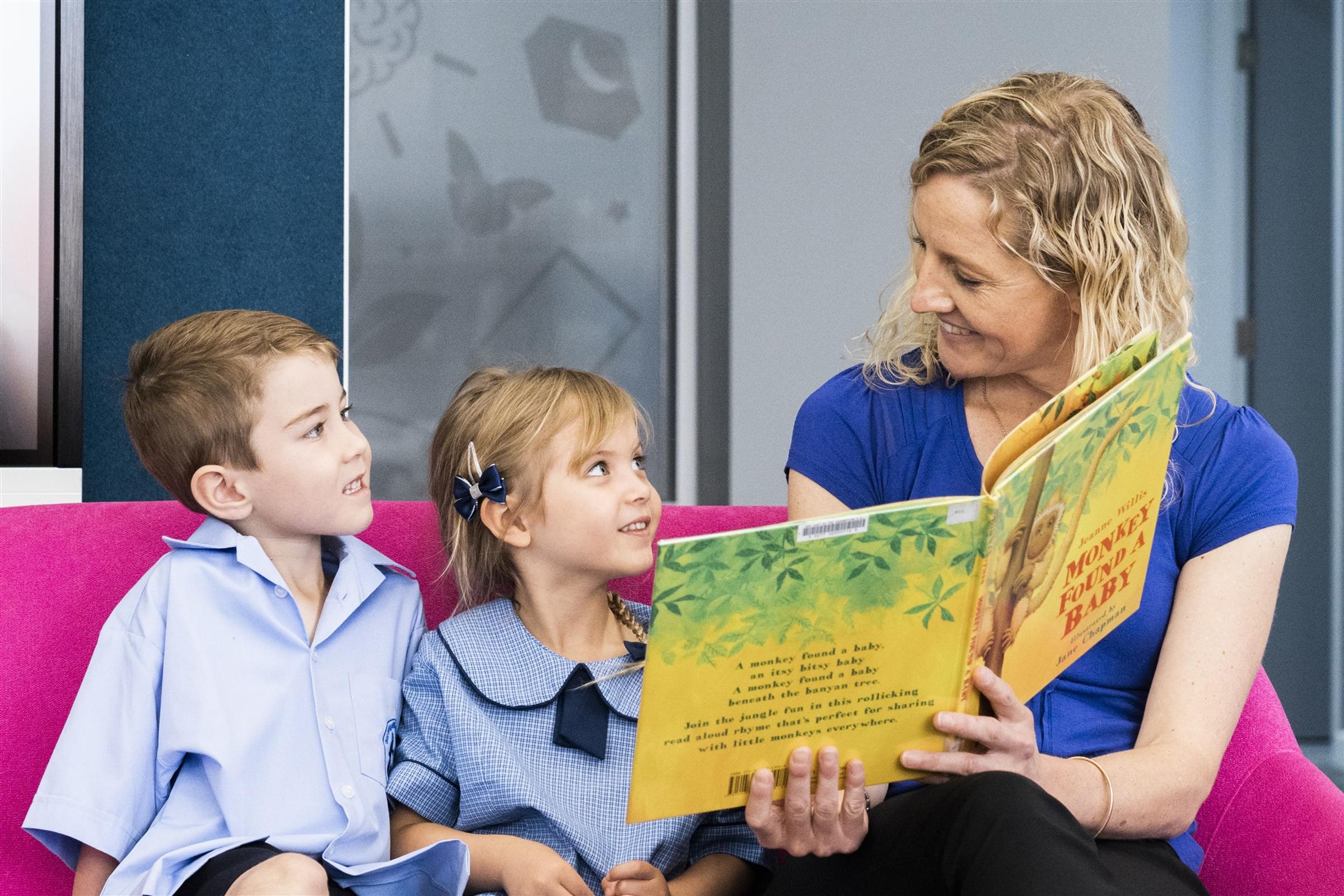
Learning & Teaching
Josy Reeder
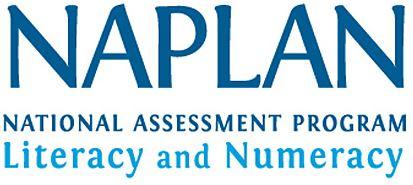

NAPLAN is a national literacy and numeracy assessment that students in Years 3, 5, 7 and 9 sit each year. It is the only national assessment all Australian students have the opportunity to undertake. As students progress through their school years, it’s important to check how well they are learning the essential skills of reading, writing and numeracy. NAPLAN assesses the literacy and numeracy skills that students are learning through the school curriculum and allows parents/carers to see how their child is progressing against national standards and over time.
For more information please read :


Meaningful Student Engagement with Seesaw. Watch the clip!
Seesaw creates a powerful learning loop between students, teachers, and families


Students show learning
Students use built-in multimodal tools to capture what they know in Seesaw’s digital portfolio
Teachers gain insights
Teachers see all stages of student thinking and progress — enabling them to teach better
Families connect
Families gain a window into their student’s learning and engage in home-to-school connections
Each family received a QR code to log into their child’s class at the parent teacher interviews.
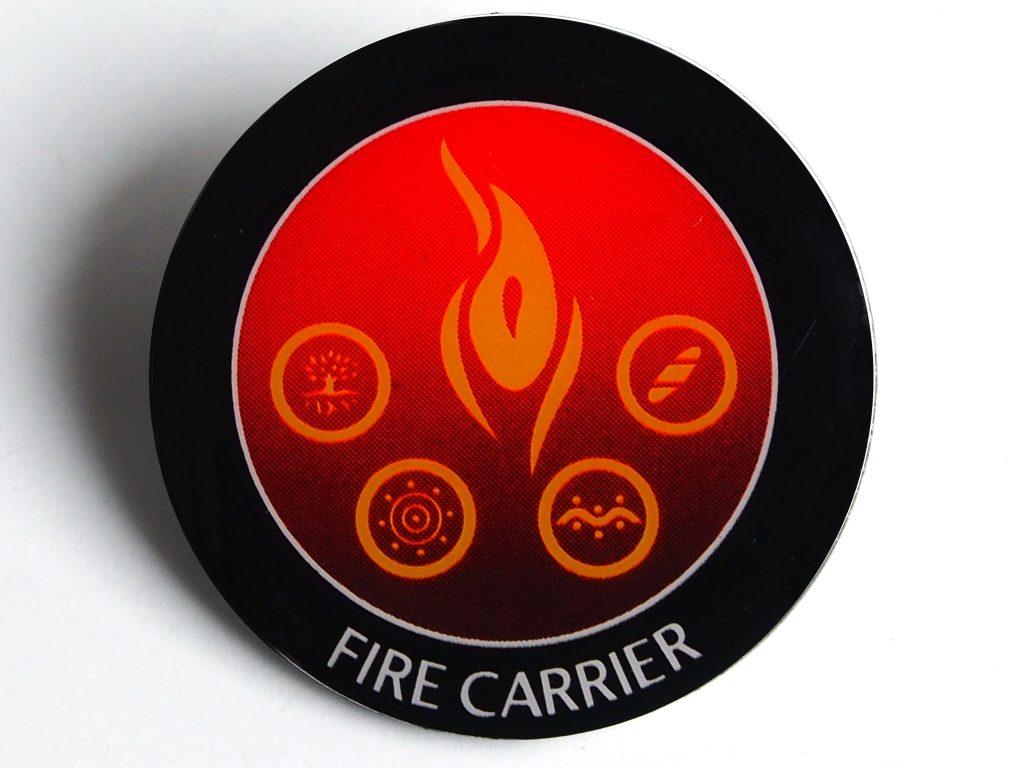

The aim of the FIRE (Friends Igniting Reconciliation through Education) Carrier Project is to promote respect, fairness and inclusion for Aboriginal people. On Wednesday we held the O.L.A Fire Carriers Commissioning Ceremony.


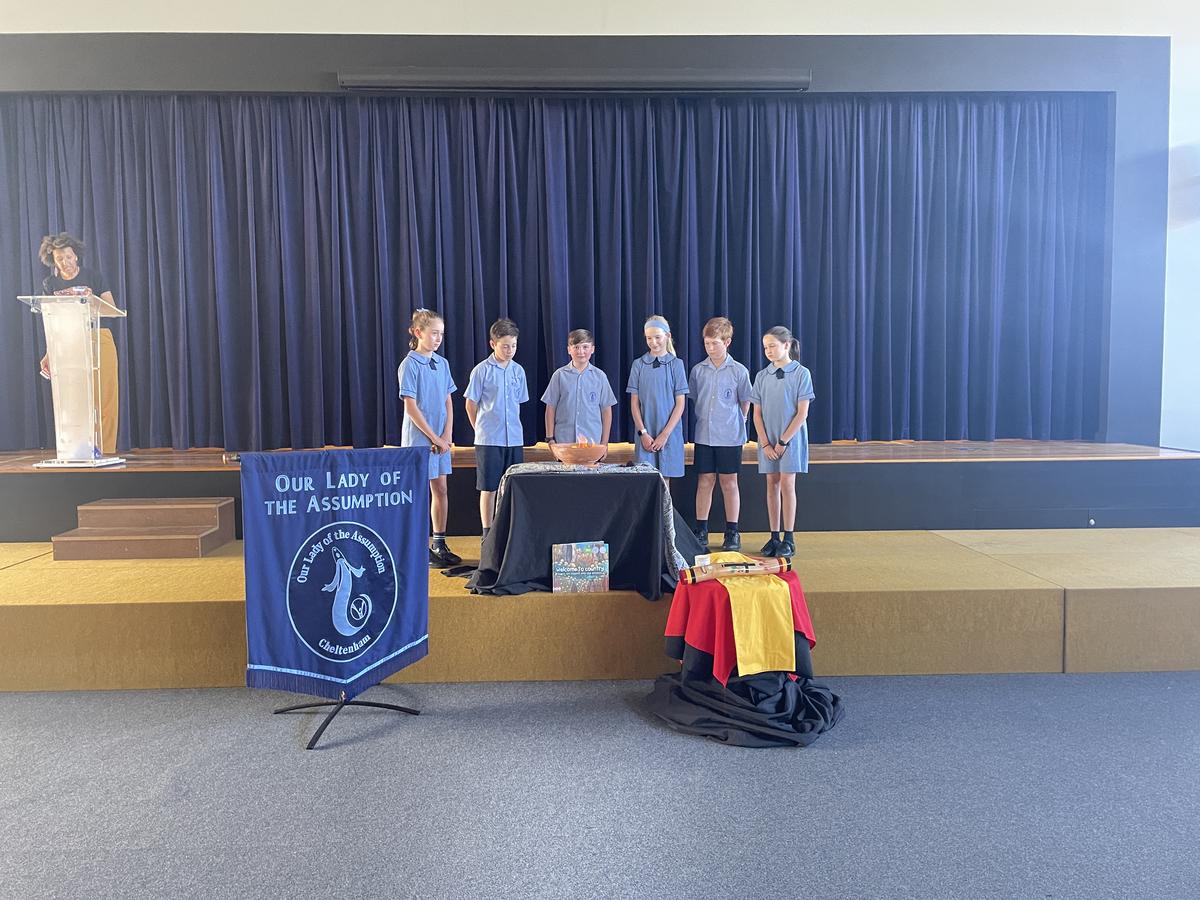
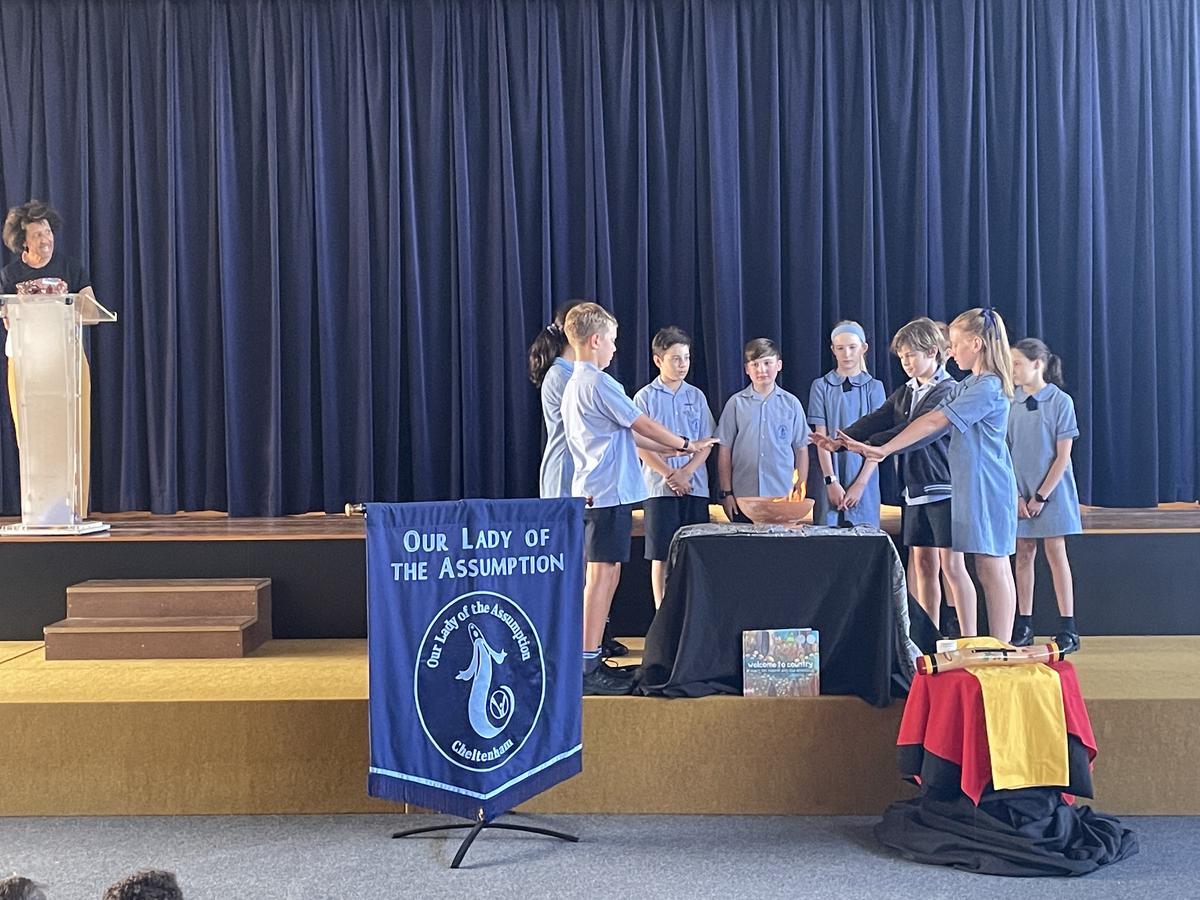
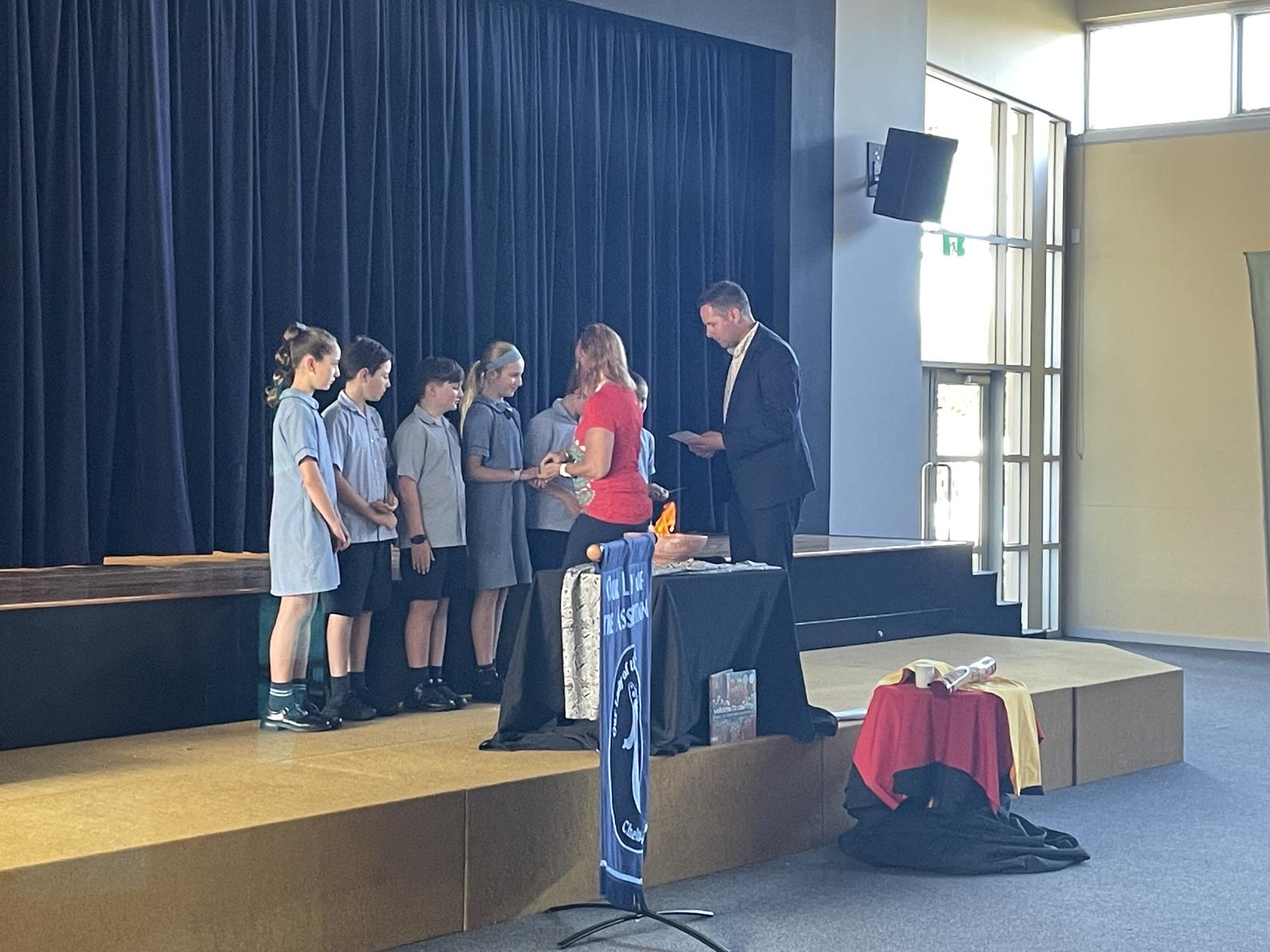





We celebrate achievements at OLA every day in the classroom. Outstanding achievement is celebrated at every assembly in the front of the school. Congratulations to all the students who received an award last week.
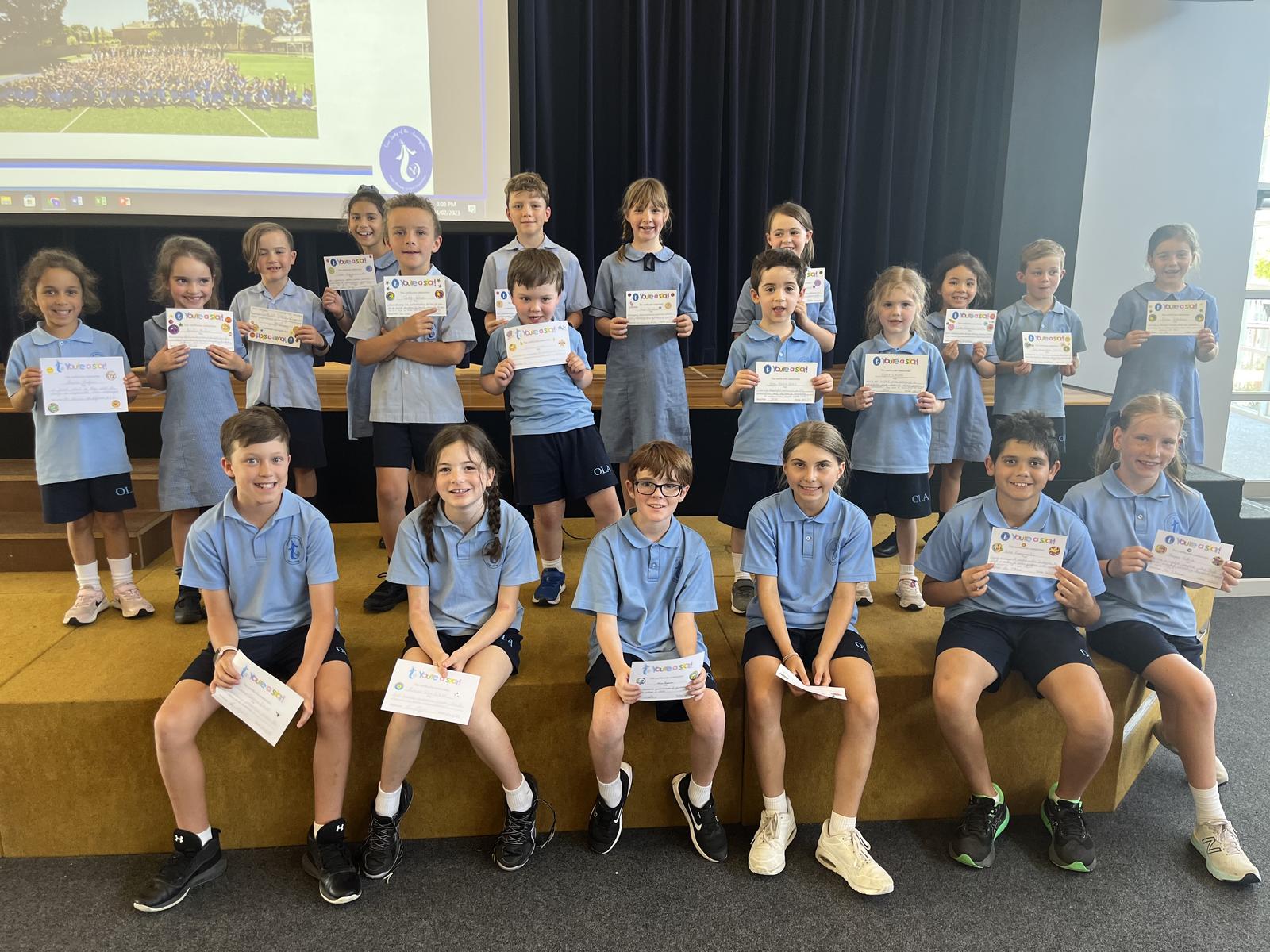

Encourage your child to re-read favorite books and poems. Re-reading helps kids read more quickly and accurately.
Ask your child questions about the story you've just read. Say something like, "Why do you think Clifford did that?"
It's difficult for reading to compete with TV and video games. Encourage reading as a free-time activity.
When your child is trying to sound out an unfamiliar word, give him or her time to do so. Remind your child to look closely at the first letter or letters of the word.
Have your child sound out the word as you change it from mat to fat to sat; from sat to sag to sap; and from sap to sip.
Take turns reading aloud at bedtime. Kids enjoy this special time with their parents.
When your child makes a mistake, gently point out the letters he or she overlooked or read incorrectly. Many beginning readers will guess wildly at a word based on its first letter.
Talk with your child every day about school and things going on around the house. Sprinkle some interesting words into the conversation, and build on words you've talked about in the past.
Ask your child to help you write out the grocery list, a thank you note to Grandma, or to keep a journal of special things that happen at home. When writing, encourage your child to use the letter and sound patterns he is learning at school.
Josy Reeder
Learning and Teaching Leader